Born in 1957 in Ludhiana in the state of Punjab, Dr Kanwaljeet Singh Anand, nicknamed “Sunny” studied at MGM Medical College, Indore before coming to Oxford to read for a DPhil in Clinical Medicine. After completing his postdoctoral fellowship at Harvard Medical School and his residency training at Boston Children’s Hospital, he completed a Critical Care Medicine training fellowship at the Massachusetts General Hospital, Boston. Anand went on to hold leading positions in children’s healthcare in Atlanta (Georgia), Little Rock (Arkansas), and Memphis (Tennessee), before moving to Stanford University in October 2015. His research initiated at Oxford has won numerous research awards, including the prestigious Rosen von Rosenstein Award in Paediatrics from the Swedish Academy of Medicine (2009), whereas his volunteer services supporting local communities were recognized by the Dr Martin Luther King ‘Salute to Greatness’ Individual Award (in 2008) from the Governor of Arkansas. He is currently Professor of Pediatrics, Anesthesiology, Perioperative & Pain Medicine, and directs the Child Wellness Lab at Stanford University School of Medicine. This narrative is excerpted and edited from an interview with the Rhodes Trust on May 24, 2024.
Sunny Anand
India & Jesus 1982
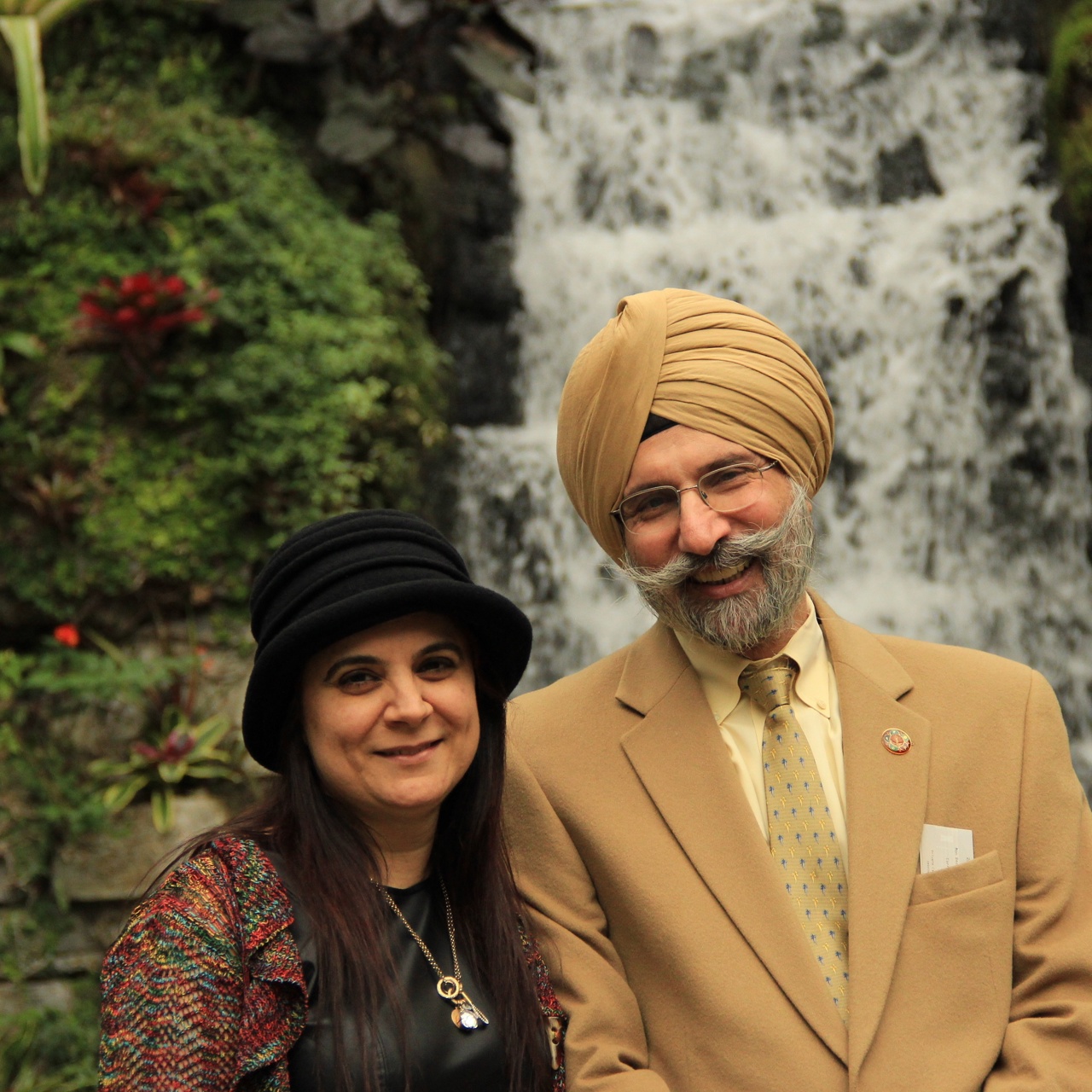
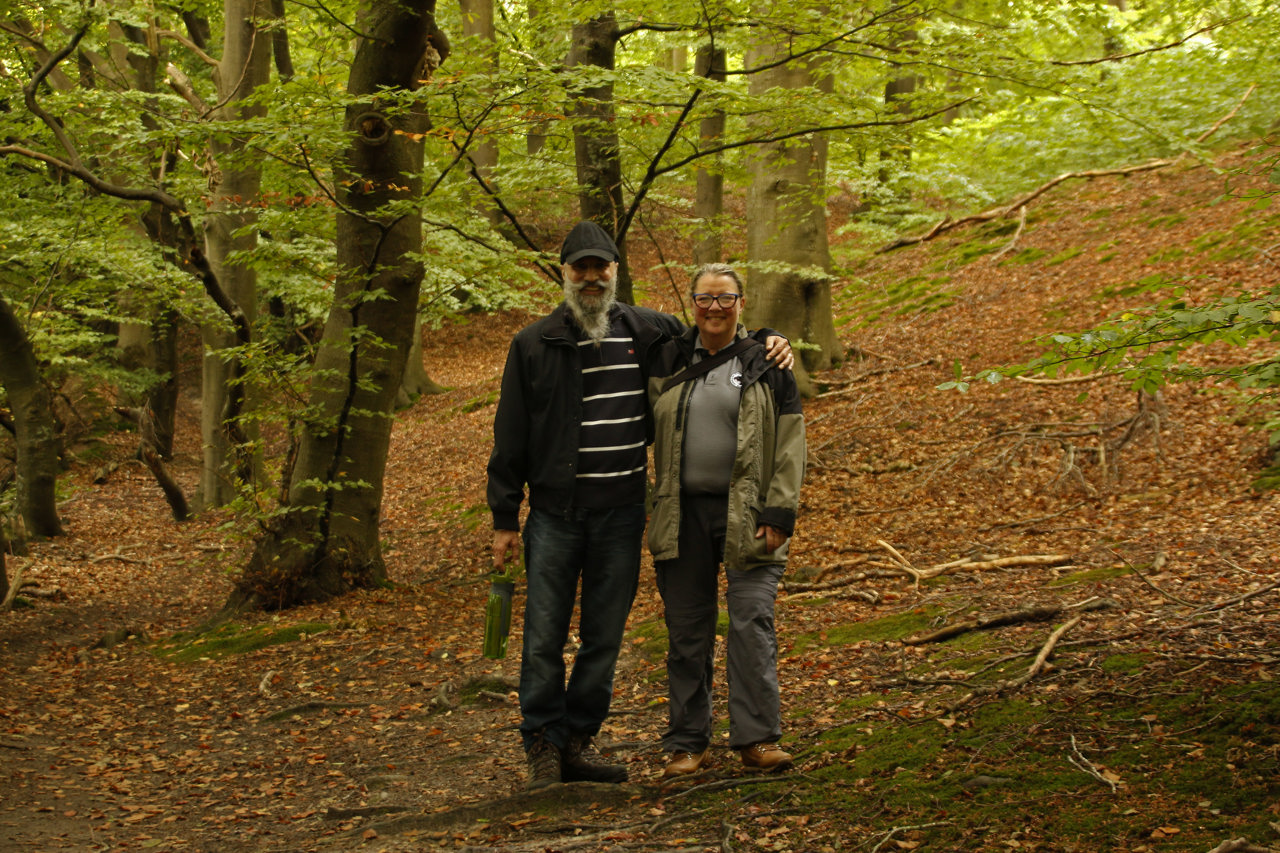
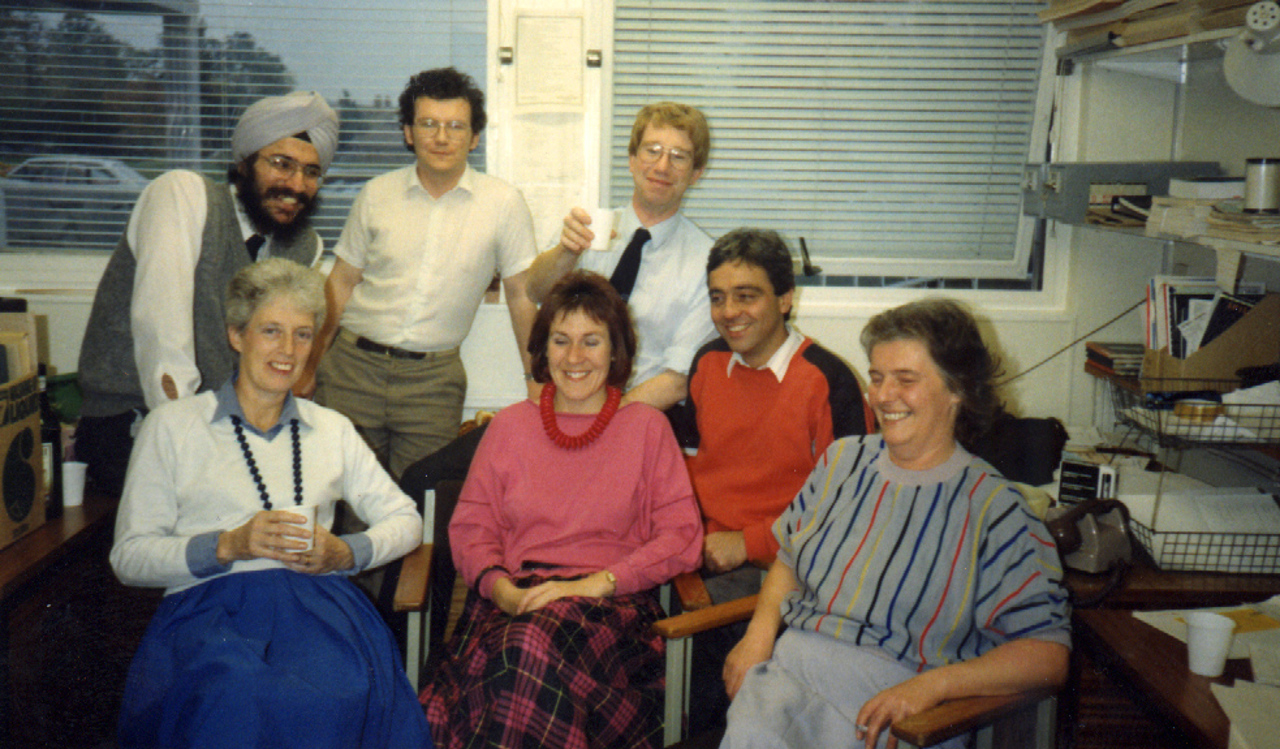
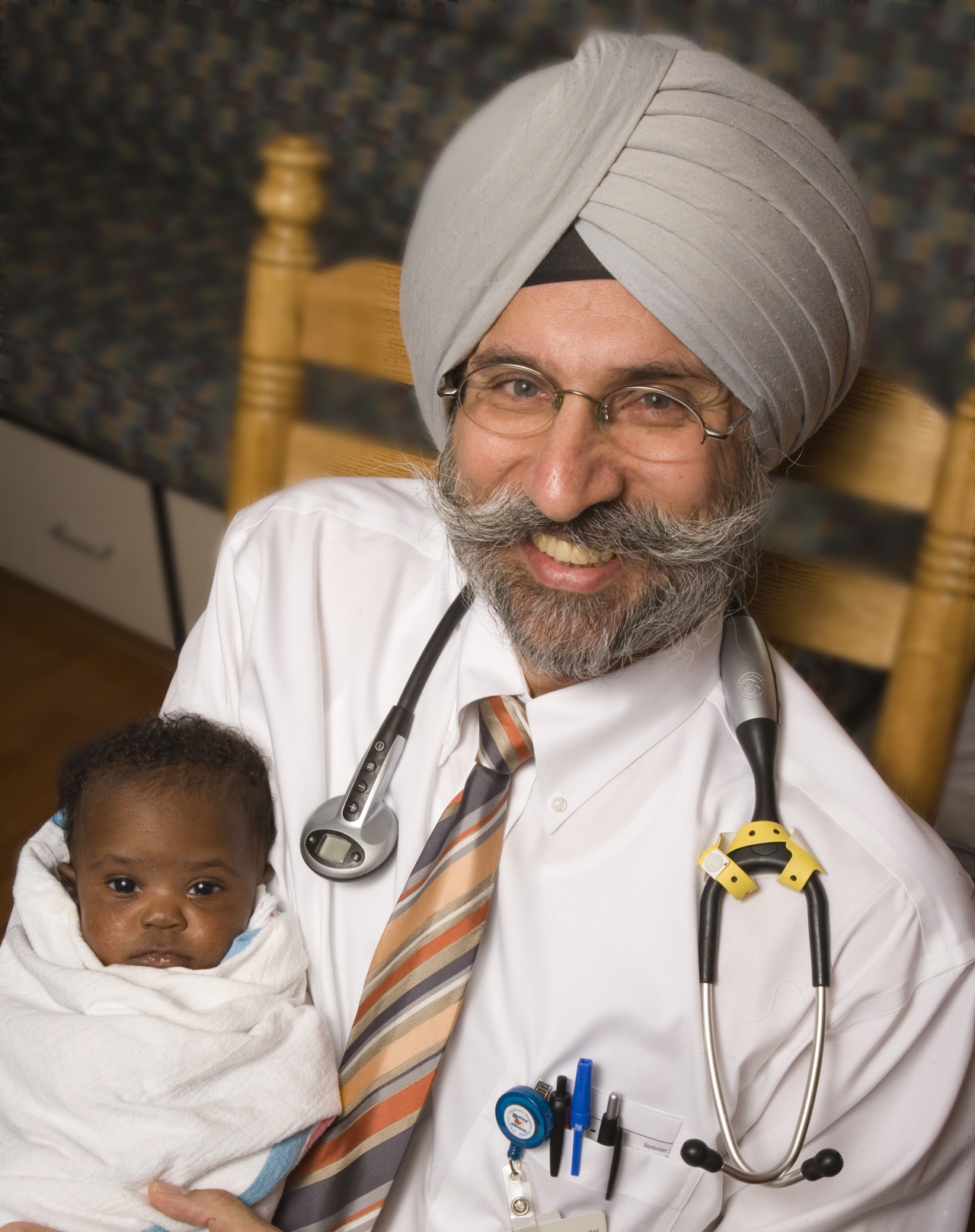
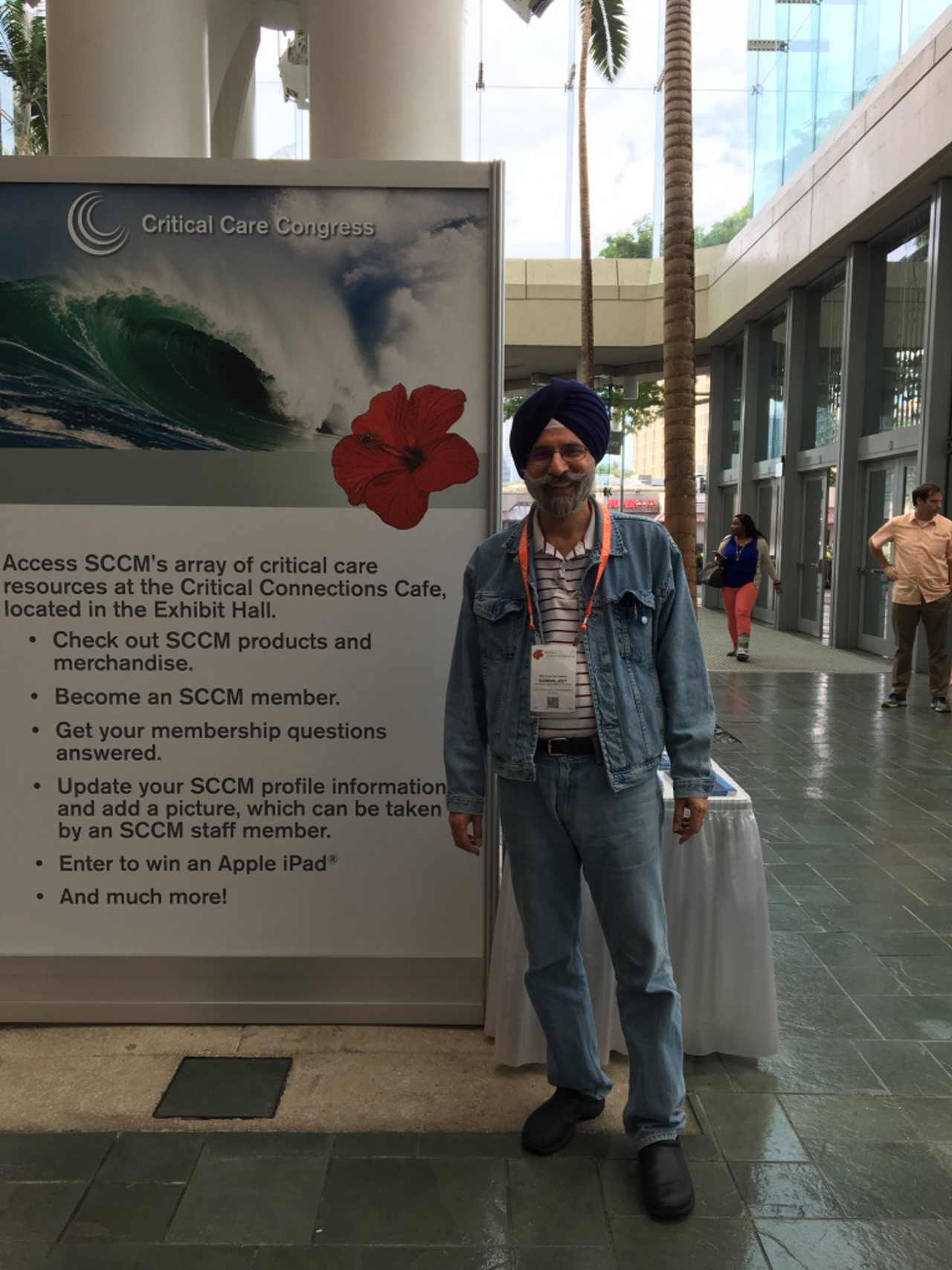
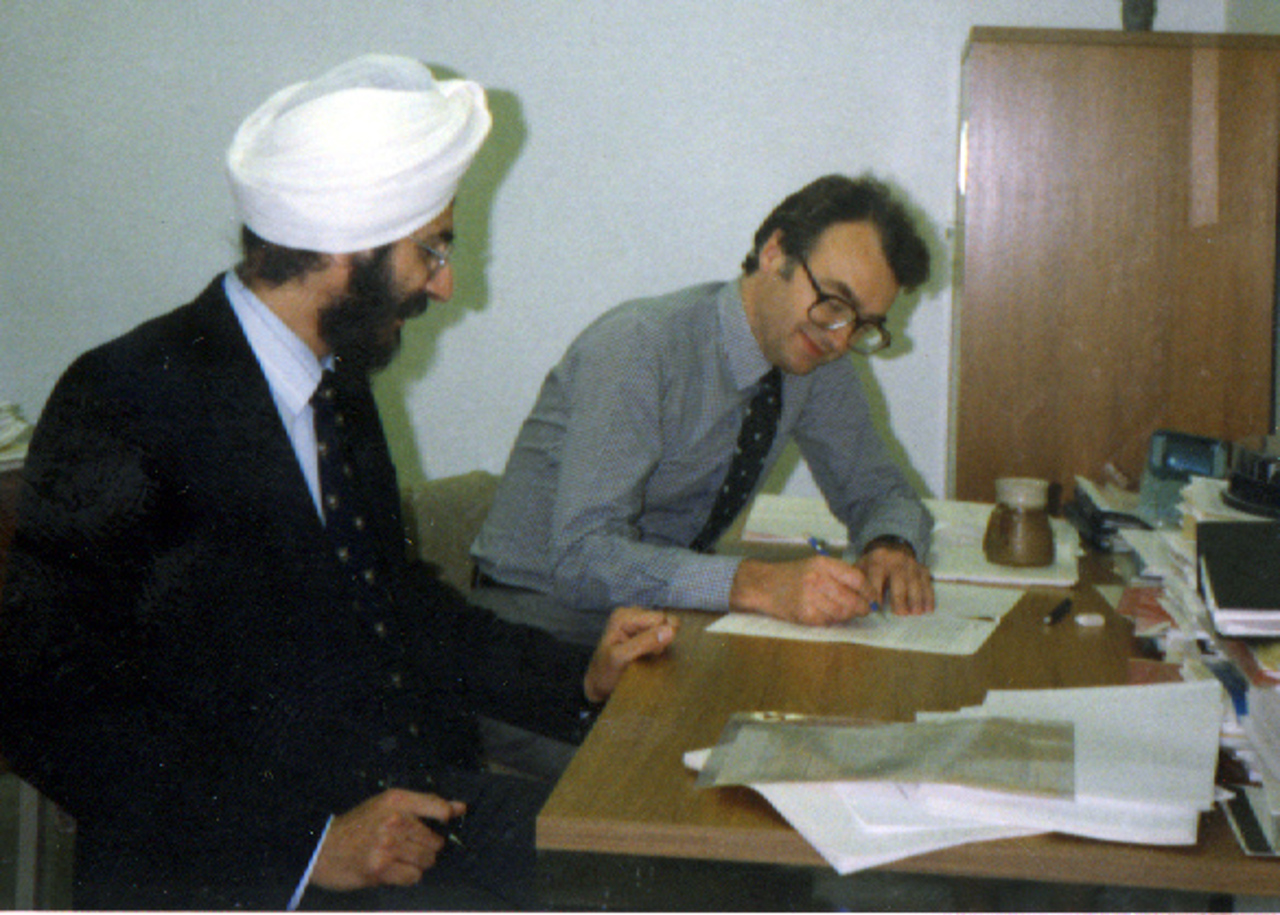
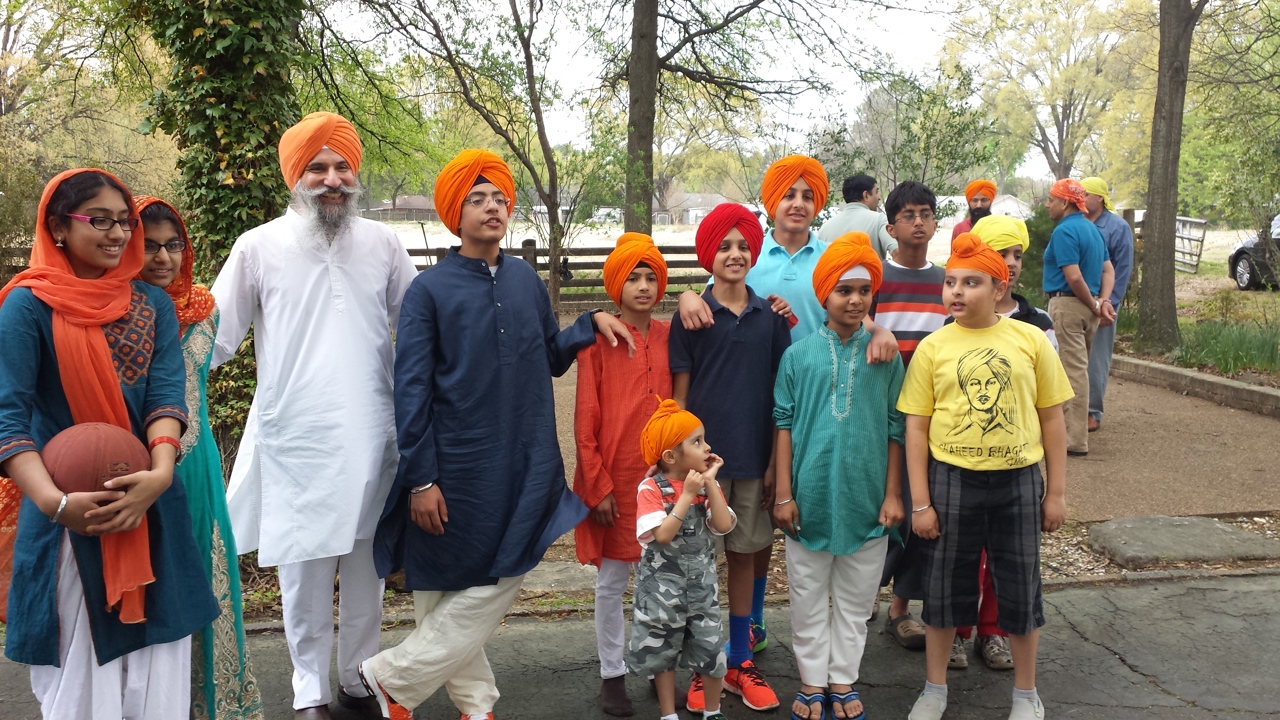
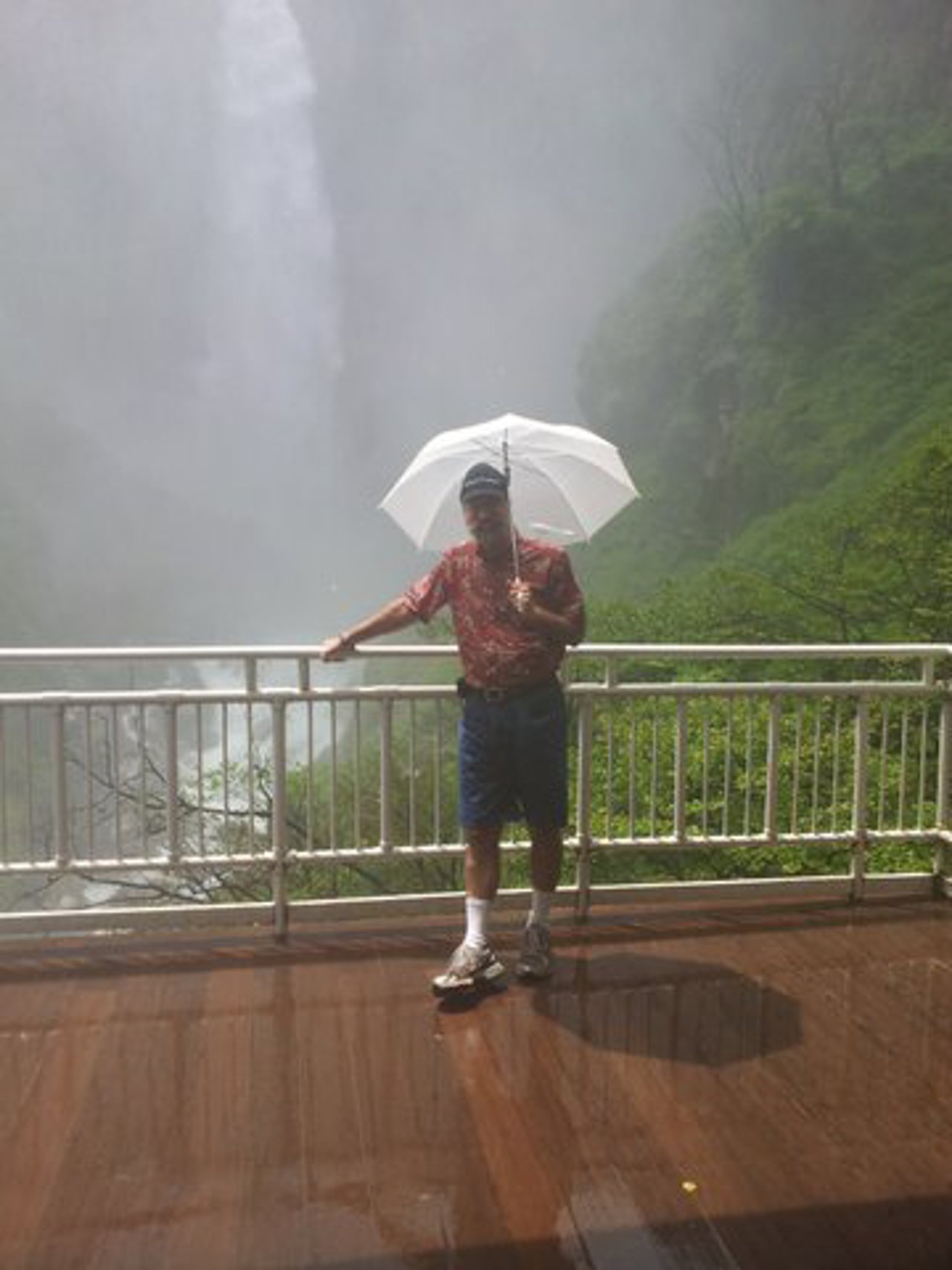
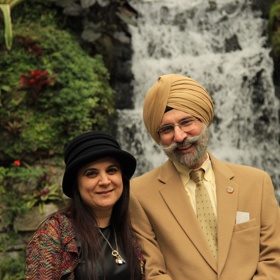
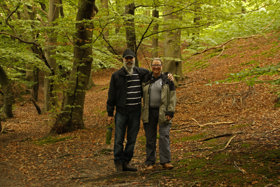
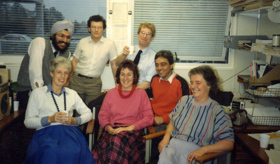
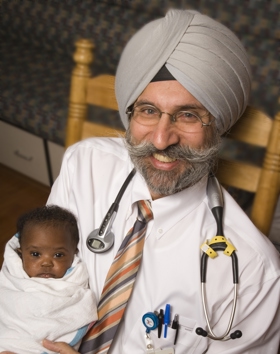
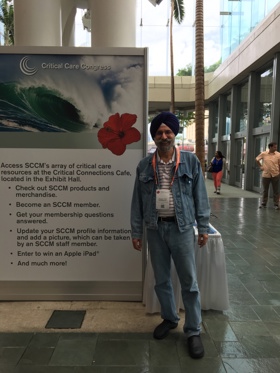
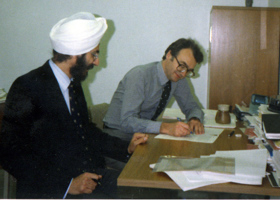
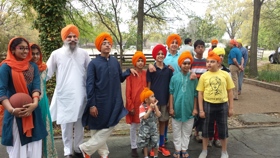
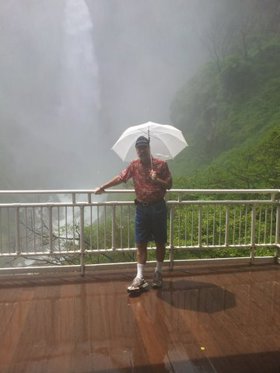
‘It was a very active, beautiful childhood’
My father was an income tax officer, and my mother a primary school teacher who later went on to become a leading educator in India. My father’s career was somewhat tainted by the fact that he was scrupulously honest. His colleagues and bosses couldn’t always tolerate his strict principles, so he was transferred a lot. When I had just turned ten, we moved to Indore in Madhya Pradesh, and that’s where I spent most of my childhood. We lived just across the road from my school, and it was a very active, enjoyable childhood.
I was always outdoorsy and, as a young child, I aspired to grow up and be like Tarzan! Many interests alongside my academic work kept me busy with long-distance running, debating, poetry and drama, especially Shakespeare, and reading all kinds of bookd. My interest in medicine began in the sixth grade, when I read a novel “The Green Years” by A.J. Cronin, about an impoverished young boy who wants to go to medical school. I also was influenced by a local couple, who were both doctors, I watched closely how they lived their lives and dedicated themselves to providing compassionate medical care. That was when I decided to be a doctor.
On applying for the Rhodes Scholarship
During the years of high school, I became very concerned about the needs of the underserved. After the national boards, group of us went to stay in a small village of untouchables outside Indore. We spent two weeks there, building a road so that, finally, a doctor and two nurses were able to reach the village and deliver charitable medical care. That period gave me a sincere appreciation of how marginalised communities make do with so little. I worked hard at medical college but also wanted to keep up all my interests like debating, sports, drama, and community service. So, after these extra-curricular activities were over, I would go to bed, then wake up at 1 a.m. and study until morning, then sleep for an hour before classes and start the routine all over again.
During that time, I met two Rhodes Scholars and found that they were not driven by self-interest, but by the greater good. That really inspired and impressed me. I applied for the Scholarship twice, but the first time, I didn’t even reach the interview stage. The second time, when I was selected, I found the interview really engaging and enjoyable. Meeting all the committee members was itself a treat, who were just incredible people at the pinnacle of their careers
On Oxford as a defining life experience
I will always remember arriving in England. The flight from Delhi to London was the first time I’d ever been on a plane. The flight was comfortable, but after reaching Heathrow and getting my bags, I really wasn’t sure what to do next. To my surprise, two of the Rhodes Scholars from India had come to receive me at the airport; they helped me get to the bus station and accompanied me to all the way to Jesus College, Oxford! After dumping my bags with the Porter, they said, ‘It’s 3.30 in the afternoon. We’ll go for some hot scones with strawberry jam, and a cup ‘o tea.’ This invitation was so sweet and totally unexpected, their warm welcome has really stayed with me!
I was especially keen to work in a technologically advanced Neonatal ICU, so I immediately jumped into working as a senior house officer at the John Radcliffe Hospital. Living at Jesus College was great for meeting people but soon I moved to the John Radcliffe Hospital campus, where I could be closer to my patients, particularly after overnight duties. The distance didn’t stop me from getting involved in lots of social activities though, and my ‘chicken biryani’ became famous among a few student circles, helping me make many friends among Rhodes Scholars and students from several colleges. Coming to Oxford was the defining moment of my life, both academically and personally, and I feel extremely grateful and blessed to have had that experience.
‘A chequered, rewarding career trajectory’
My plan had been to go back to work in India, but as I was finishing my DPhil, soon after Indira Gandhi’s death in 1984, the Congress Party launched an ethnic cleansing across the country! Reportedly, about 380,000 Sikhs were killed, millions were looted, women were violated, businesses plundered, Sikh army and government officers were demoted, and so on. My parents encouraged me to look elsewhere for a job because the climate in India was hostile toward Sikhs. As serendipity would have it, Professor Edward Lowenstein from Harvard Medical School was visiting Oxford at that time. He and I had a rewarding discussion, and after that, he said, ‘Come to Boston for a postdoc fellowship’. I asked my D.Phil. mentor whether my career could reach the highest levels within the UK system, and his honest answer was that it wouldn’t. I’d seen some examples of that among my medical peers, so I decided to move to USA and take up a postdoc fellowship at Harvard.
Boston was a real culture shock. I landed in freezing weather (December 1985) and was soon exposed to the cut-throat competition among postdocs at Harvard Medical School. Realizing that other postdocs were far more enterprising than I was, it was clear that would have to up my game. But just before arriving in Boston, I was India for 3 weeks and had met the love of my life there. Back in Boston, all my money was spent on long-distance calls to her, and finally, I proposed to her on Valentine’s Day. We got married in April 1986 and my wife Iti came over to share my one-room apartment near Fenway Park. We explored the sights and scenes together and even helped me in the lab (free ‘bonded’ labour). Our daughter Amrit was also born in Boston. Though we’ve been married for 39 years, we’re still madly in love like newlyweds!
After training, several great faculty positions were offered to me but I wanted to work where I could make a difference. My research showed that the mortality rates for children were highest in the Mississippi Delta Region. So we moved to Emory University in Atlanta and after 4 years, I was recruited as chief of critical care at Arkansas Children’s Hospital. We spent 12 years in Arkansas, where my efforts were directed toward bringing up the clinical standards in paediatric critical care and raising the profile of biomedical research. That’s where we also set up the charitable Harmony Health Clinic, and I served as its Founder-President for the first two terms. I believe this clinic is still functioning, offering full medical and dental care for uninsured populations in central Arkansas. My wife and I were very much part of the community there, setting up inter-faith worship in our home, feeding and clothing the homeless, and building camaraderie in our community.
After Arkansas, we moved to Memphis, where I experienced the toughest years of my career and my life. The racism and discrimination were stark, and I encountered a lot of resistance to the changes necessary to improve child mortality in the hospital. Personally, it was also a trying time because my mother had developed throat cancer and passed away after struggling with it for 6 years. Through the good times and tough times, we learn to grow in life and gain some wisdom, no question about it.
When an opportunity came to move to Stanford, I was excited by the possibilities at this prestigious university. Since moving my career has taken off in many different ways, and my research interests have gravitated from studying critical illness to wellness in children. Too much attention is being given to disease management and a reactive approach to children’s healthcare. Instead, my studies on wellness will teach us how to build a shield of resilience around our children. As individuals and societies, the journey from ‘I’ to ‘We’ helps us move from illness to wellness. My team has received substantial grant funding from the NIH to continue our work, and it’s been amazing to connect with people who are into positive health outcomes in this way.
On the gift that you get by giving
As we are taught in the Sikh religion, being of service to others is the primary purpose of human life. There’s also just this incredible gift that we get by giving. Once we go from consumption to contribution, then we move from self-centred egoism to mutual trust, and from isolation to community. And when we all join hands to serve together, we all become bonded in a very, very special way.
I think today’s Rhodes Scholars in Residence are at an incredible inflection point in the history of human existence. We are facing major challenges, societal inequities and disparities are growing exponentially, climate change is becoming intractable, wars and violence are commonplace, while pollution, environmental degradation, and biodiversity losses are becoming uncontrollable. I believe the root cause of all of these problems is greed. As Mahatma Gandhi said, there is always enough for everyone’s need, but there is not enough even for one person’s greed. We need to come to a new economics of selflessness. So, I would say, let’s approach all decisions and situations in life by thinking about how we can give. I know that current Rhodes Scholars have incredible opportunities to bring about change, and once we do that, all our societal, environmental, and planetary problems will literally dissipate and vanish.
